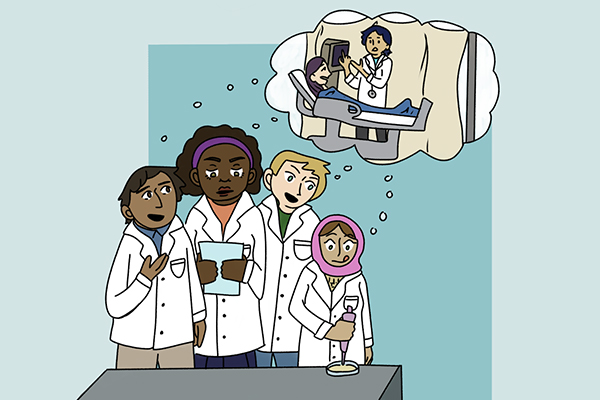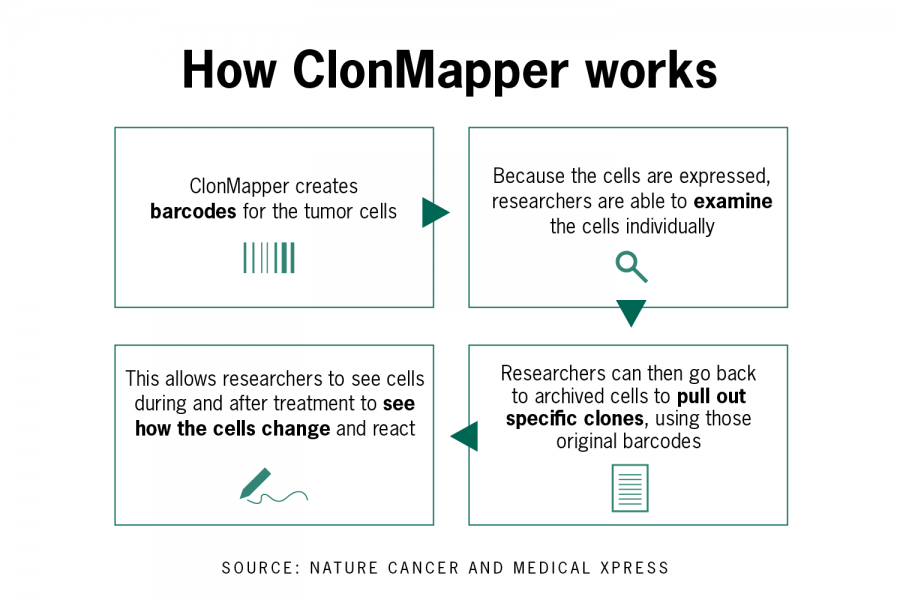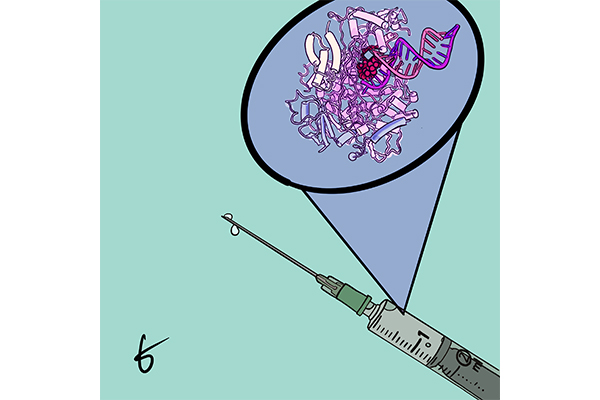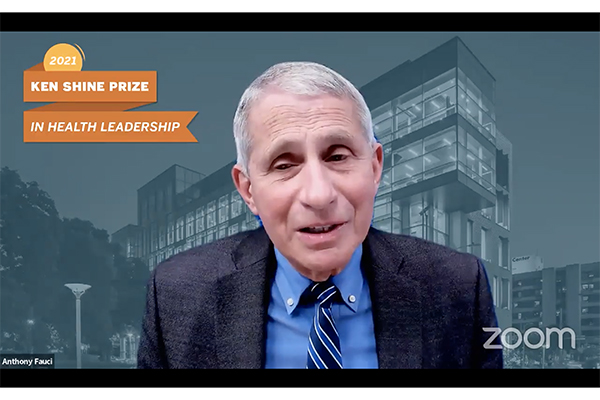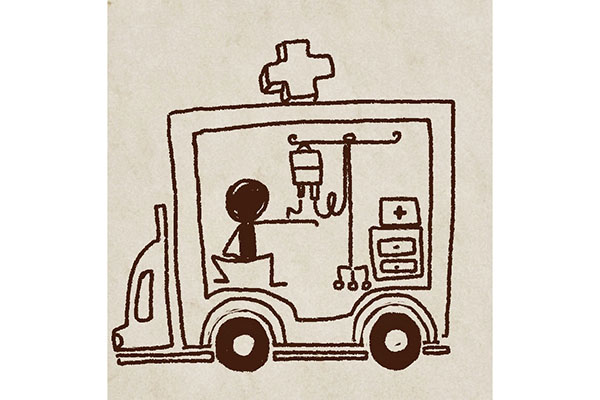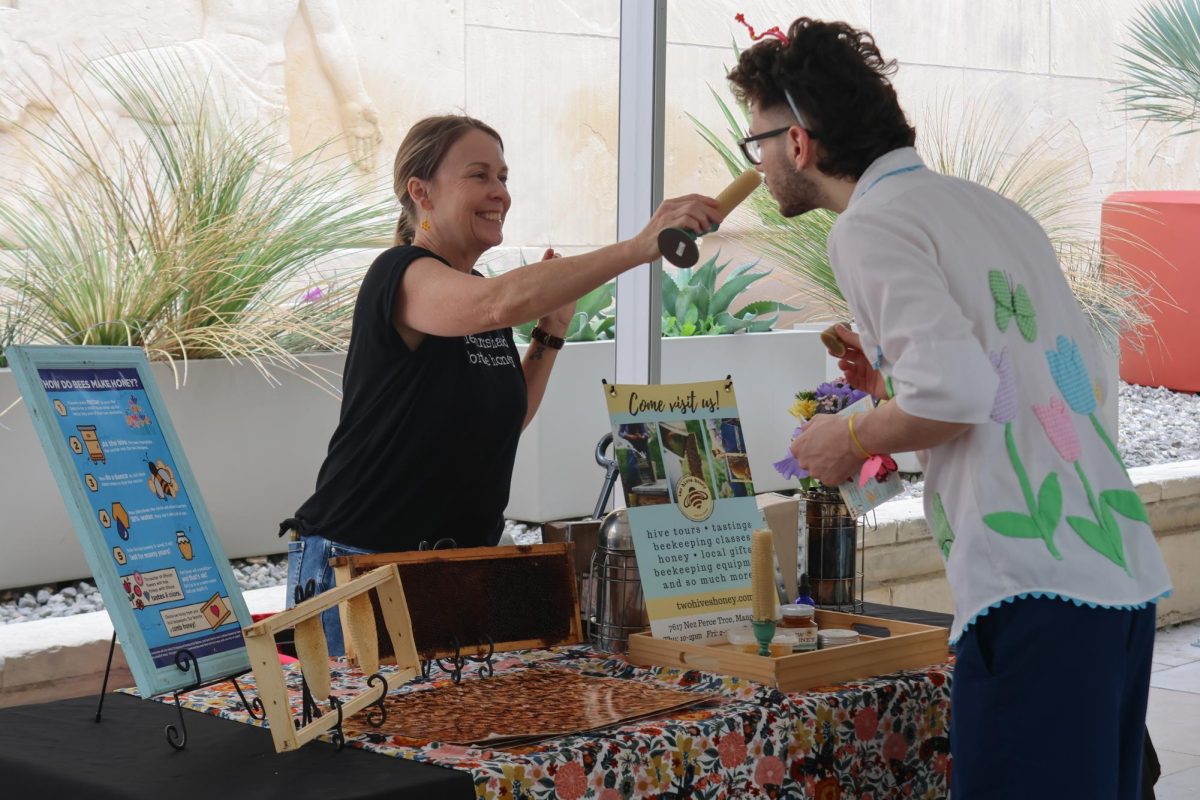Nanogel technology may help deliver drugs to cancer cells directly while minimizing patient side effects, according to research by University scientists.
According to a study published in the Science Advances journal on Sept. 27, nanogels can deliver chemotherapy drugs to targeted cancer cells. John Clegg, the main author of the paper and former Ph.D. candidate in the Cockrell School of Engineering, said the publication of this article was a major component of his dissertation.
“We wanted to make a platform technology that could be customized so that if you knew characteristics of an individual patient’s tumor … you could create a nanoparticle that was customized specifically to them,” Clegg said.
Currently, when a patient is diagnosed with cancer, they are prescribed chemotherapy drugs that are delivered directly to the bloodstream, Clegg said. He said this is problematic because the drugs are not delivered in a targeted manner and affect areas of the body where cells divide quickly, such as hair and gastrointestinal cells.
For the past 30 years, scientists have been developing drug carriers that target where the drug should be delivered, Clegg said. Nanogels are unique carriers for cancer drugs because they can be highly tuned to a specific tumor in a specific cancer patient, he said.
“If you could picture zooming down on the molecular level, basically what we’ve developed are these nanogels which are basically drug and water-filled little sponges,” Clegg said.
When cancer drugs are loaded into these small sponges, they can directly target cancer cells, Clegg said. He said although these drugs are still delivered directly to the bloodstream, they are no longer diffused randomly.
Biomedical engineering junior Abhijeet Venkataraman said he helped Clegg analyze the data collected during Clegg’s research, which showed how nanogels help deliver drugs efficiently. In terms of cell death, there are no adverse effects from using nanogels to deliver cancer drugs, Venkataraman said.
“A lot more of what (Clegg) did was fundamental groundwork in terms of laying down certain principles we can use to build up to actually get to the drug delivery mechanism,” Venkataraman said.
The next step in the work would be to conduct tests on living organisms, said Catherine Ludolph, chemical engineering senior and undergraduate researcher.
Venkataraman said this testing could happen in the near future, but that depends on whether a better cancer fighting method emerges in the meantime.



